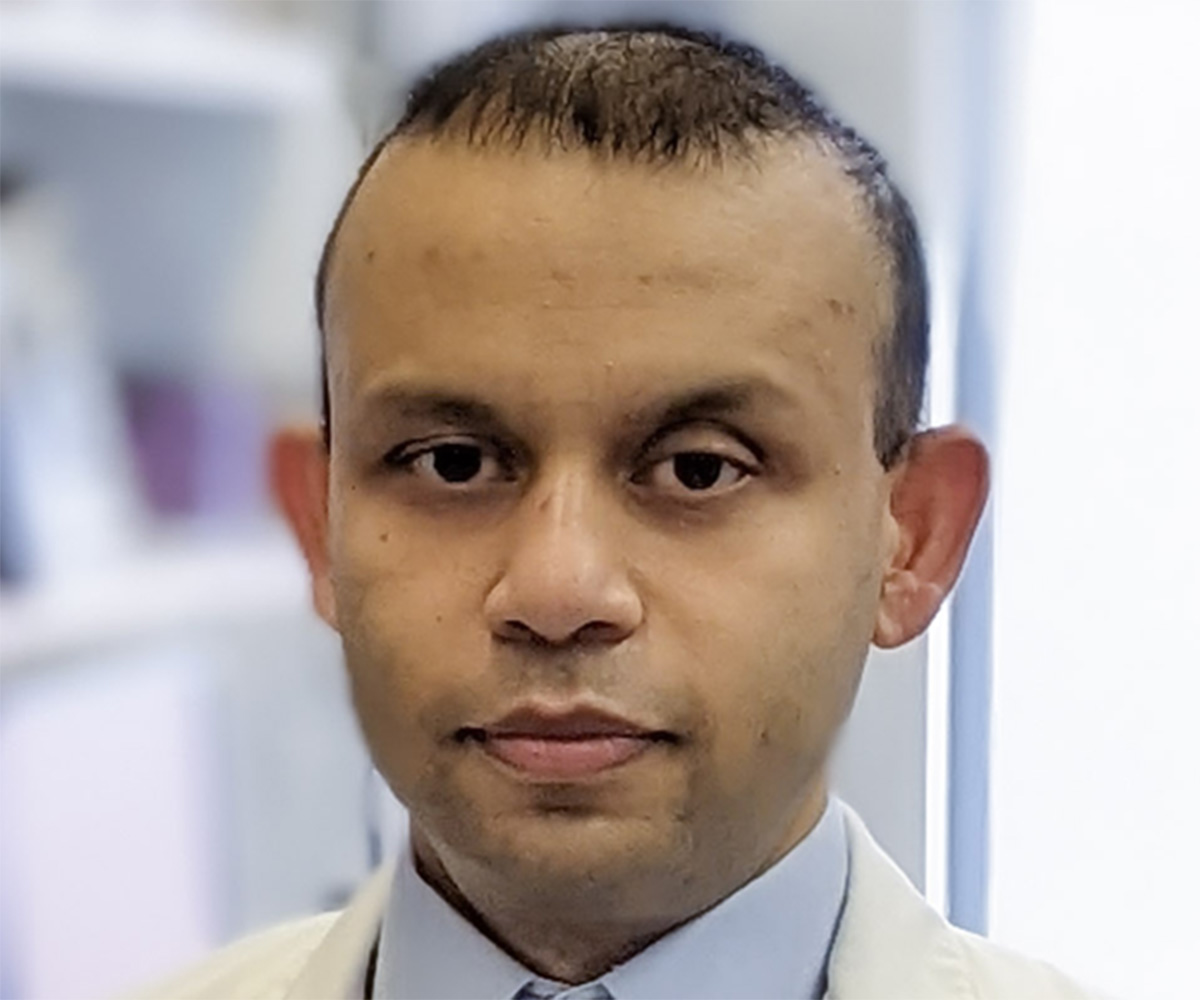



Patients with T cell leukemias and T cell lymphomas, collectively called T cell cancers, have poor prognoses. Innovative new immunotherapies that have improved survival in B cell leukemias and lymphomas have the potential to make a major impact on the treatment of T cell cancers if they could be developed. A team consisting largely of Ludwig Johns Hopkins researchers and led by Tushar Nichakawade, Jiaxin Ge, Director Bert Vogelstein and Suman Paul devised an approach using antibody-drug conjugates (ADCs) that targeted T cell cancers while sparing half of normal T cells. The rationale for this approach was that every T cell cancer in a patient expresses only one type of T cell receptor, whereas half of the normal T cells in an individual express one type, and the remaining half express the other. The remaining half of the normal T cell population maintains a functional immune system necessary for human survival. The Ludwig Johns Hopkins team’s ADCs, which recognized the T cell receptor β-chain constant region 1 (TRBC1), selectively delivered a potent cytotoxin to the T cell cancers, leading to long-term cancer regressions and cures in pre-clinical models. The investigators hope that the ADCs can be tested in human clinical trials in the future.
TRBC1-targeting antibody-drug conjugates for the treatment of T cell cancers
Nature, 2024 March 27